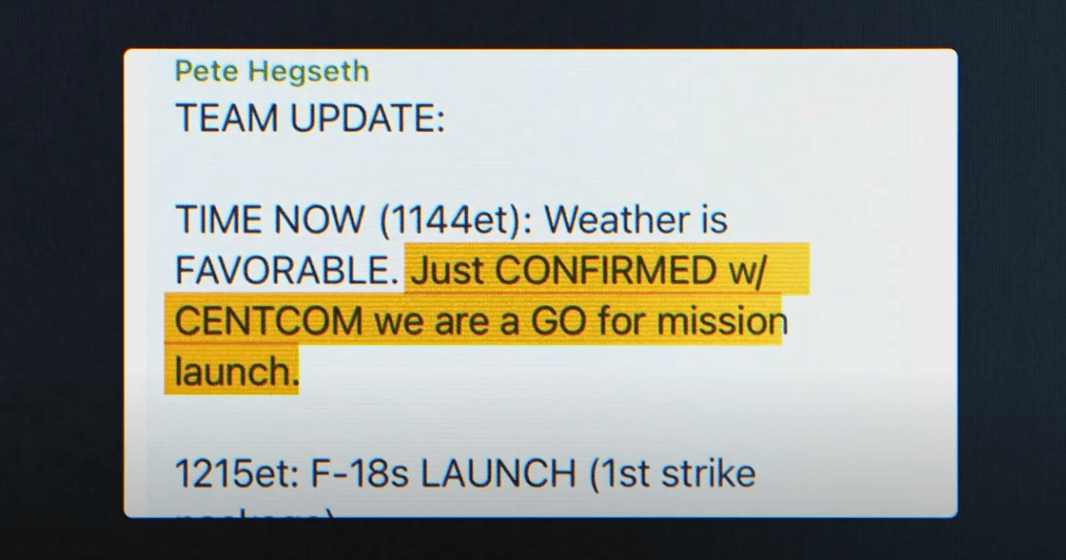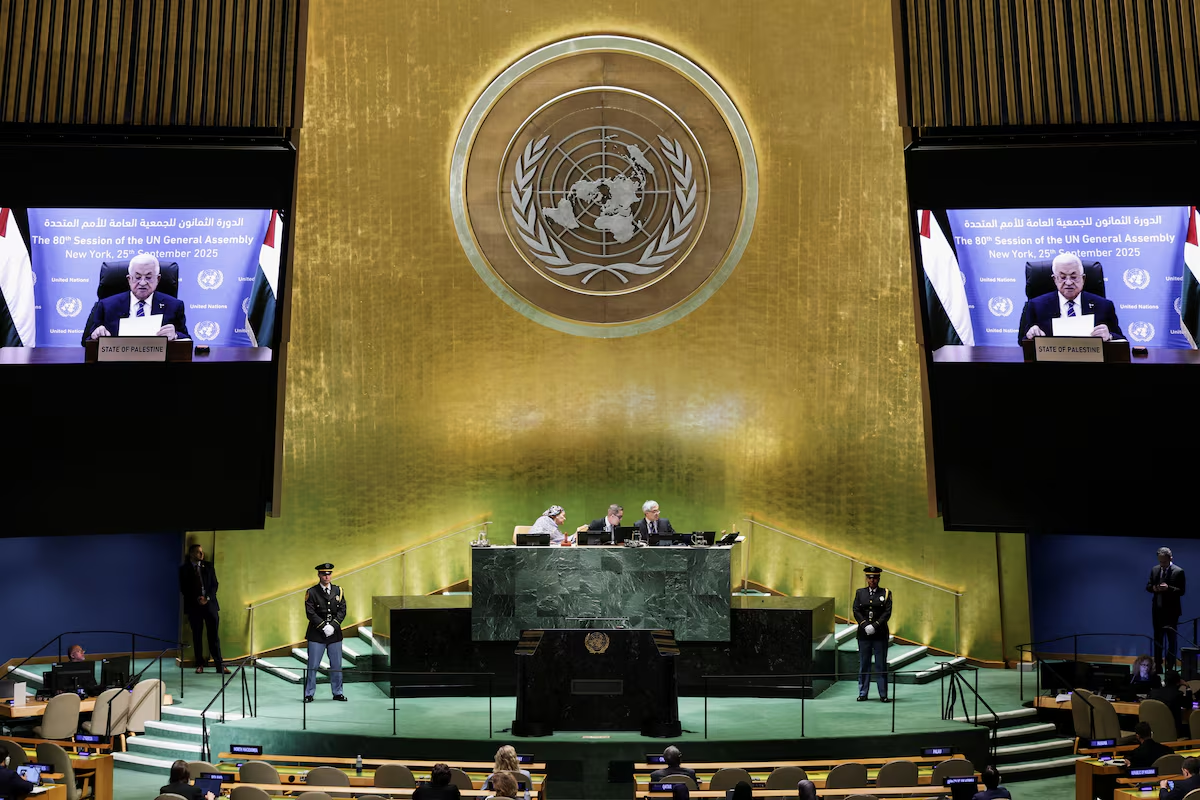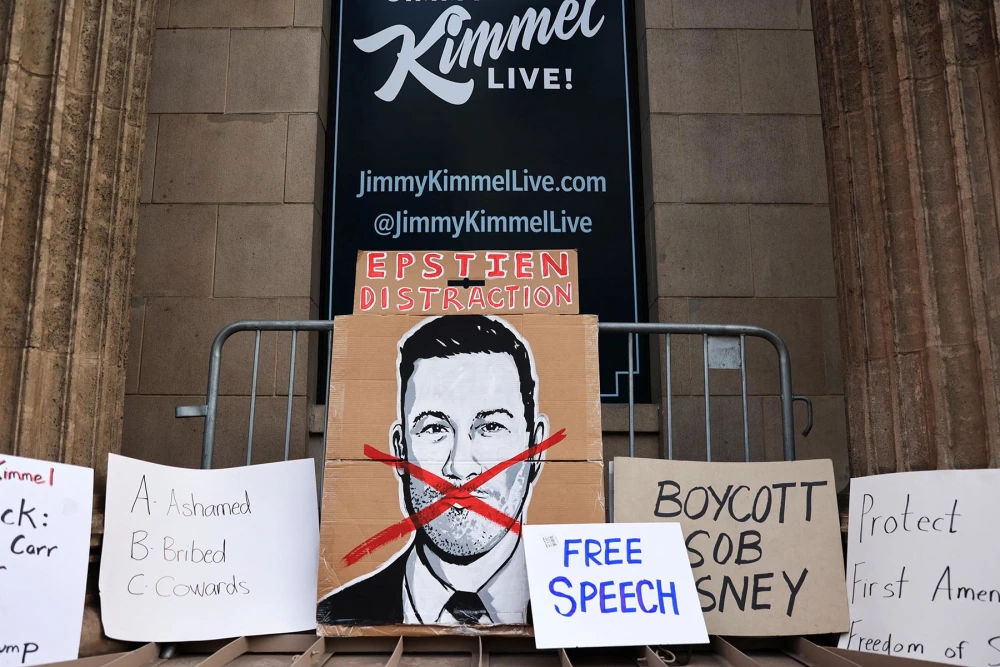United States Secretary of Defense Pete Hegseth has made headlines after exposing Yemen airstrike plans to a group chat with the Editor-in-Chief of the Atlantic Journal. Hegseth mistakenly added Jeffery Goldberg to the signal chat, revealing detailed attack plans on Houthi rebels.
Goldberg was exposed to specific information including precise targets, weapons packages and important timelines of the operation.
The leak was made public in a story on March 24, written by Jeffery Goldberg, the receiver of such text messages from the Signal group chat. The article shows Goldberg’s surprise and confusion upon reading texts between senior officials that revealed details about the airstrike attacks just two hours before they occurred.
“The world found out shortly before 2 p.m. eastern time on March 15 that the United States was bombing Houthi targets across Yemen. I, however, knew two hours before the first bombs exploded that the attack might be coming. The reason I knew this is that Pete Hegseth, the secretary of defense, had texted me the war plan at 11:44 a.m.” Goldberg wrote.
The incident raises national security concerns about information handling and the potential federal law violations due to internal communication failure. The accidental shared information has raised many questions about whether the content in the texts was classified information.
Hegseth has remained quiet since the incident, interacting with the press at a minuscule level. Before his trip to Hawaii, he blatantly dismissed allegations of exposing classified material. “Nobody was texting war plans and that’s all I have to say about that,” Hegseth told reporters. Additionally, he detested Goldberg, saying that he is “deceitful and highly discredited.”
Hegseth’s spokesman, Sean Parnell, said that “there were no classified materials or war plans shared. The secretary was merely updating the group on a plan that was underway,” in a statement on Wednesday, March 26.
Other internal reactions came from various Trump administration officials. Press Secretary Karoline Leavitt said that no classified information was leaked, while former Defense Secretary and CIA Director Leon Panetta told CNN that “somebody needs to get fired.”
“How the name of a journalist was added to that list — this is just a serious blunder,” Panetta said, pointing out that if someone other than Goldberg had been included, they “could reveal this information immediately to the Houthis in Yemen that they were about to be attacked and they in turn could have … attacked US facilities in the Red Sea, causing casualties of our troops.”
When questioned about the incident by a reporter, Trump stated, “I don’t know anything about it. I’m not a big fan of The Atlantic. It’s, to me, a magazine that’s going out of business. I think it’s not much of a magazine. But I know nothing about it.”
The incident raises the possibility of violations against the Espionage Act. The act states “Whoever, when the United States is at war, shall wilfully make or convey false reports or false statements with intent to interfere with the operation or success of the military or naval forces of the United States” will be criminalized for the mishandling of national defense information.
Signal, although encrypted, is not approved for classified military communication. Despite the ongoing debate regarding the information being classified, the Signal app appears to be unreliable. Just one day before the attacks were launched, The U.S. Department of Defense had warned about Russian hacking attempts on Signal.
The magazine and Goldberg made various attempts to contact the White House both prior and after the publication to confirm that the release of the texts wouldn’t result in negative consequences.









